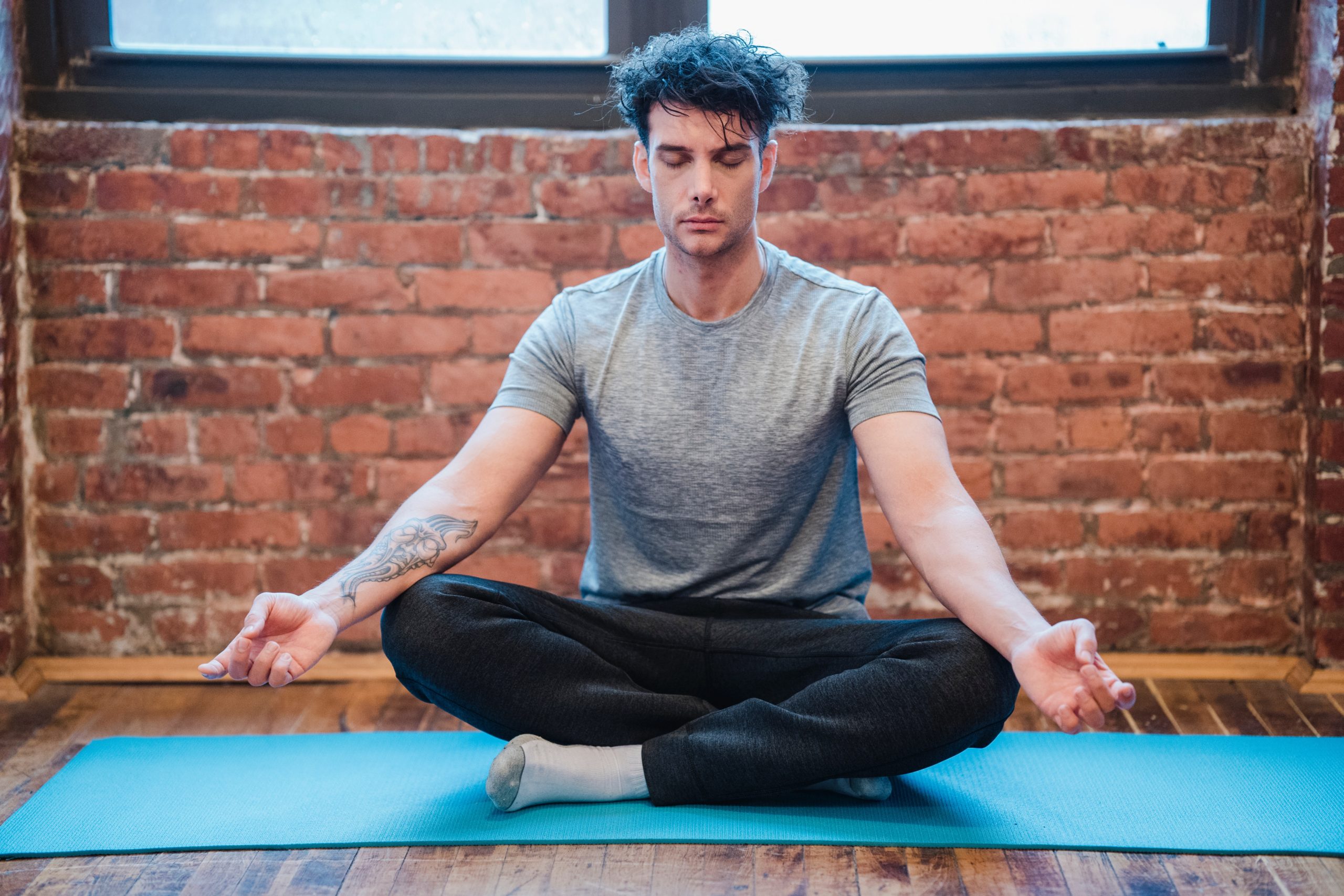Article Written By: Bruce Capers
Head Coach, Gordon State College

Maintaining Athletes' Mental Wellness
I remember growing up and my parents made it clear that my responsibilities were to serve God, be respectful to others at all times, stay out of trouble, be responsible for chores, do well in school, and graduate from college. If I did those things, I earned the right to pursue my passions and dreams to play sports. Sounds like a simple life without distractions. I did not have to deal with a lot of things, because issues that affect the mental health and wellness of student-athletes were there, but away from me.
It starts with:
- Structure at home
- The company you keep
- The places you hang out with
- The people you surround yourself
Mental health among athletes has become more of a challenge for parents and coaches around the world. Young athletes face more scrutiny now more than ever due to cell phones, the powerful impact of social media, disinformation, parental & peer pressure, overtraining, academic pressure, being hungry, financial pressure, body development, competitive pressure, and impressing coaches & recruiters not to mention the pressure of winning.
Mental Exhaustion
Coaching student-athletes today have its challenges due to the unlimited amount of distractions. I observe my players deal with distractions that have nothing to do with helping them make their goals and dreams become a reality. For example, I have had players late to class or practice dealing with issues at home 4 hours away that they have no control over nor can they do anything to help the situation.
This article serves as a reminder to parents, coaches, and athletes that sports are a great tool and valuable resource to help maintain mental wellness. However, everyone must stay focused and keep open communications to eliminate the scenes activity that is potential problems.
Thirty-eight percent (38%) of women in sports and Twenty-two percent (22%) of men report feeling mentally exhausted or burnt out daily. Common issues are social anxiety, family expectations, being overwhelmed, and relationship difficulties.

Tips to Help Mental Wellness
Here are some daily tips parents, coaches, and athletes can practice to ensure focus and eliminate and/or avoid the dangerous activity that goes on in environments that affect mental health among athletes. These are among some of key mental toughness skills that are taught at an EXACT national showcase camp which are unlike any college id camp experience.
1. Consistently Develop and Improve the Temple
This refers to your ability to commit to taking care of your body. Your mental and physical state is the foundation of your overall wellness. A high level of cardiorespiratory fitness is a crucial component of total health and wellness. Nutrition combined with fitness provides nutrients to sustain positive energy during the day. Student-athletes need accurate information about dietary restrictions and supplements.
One of my favorite activities as a coach was to have everyone in the program including myself participate in Yoga twice a week. Yoga not only enhances flexibility but also feeds your focus, mental awareness, and toughness.
Avoid the use of drugs and alcohol, which will damage your body and brain that, and will prevent you from reaching optimal fitness levels and a strong mental state daily needed to perform at a high level.
2. The Company You Keep
The company you keep and the friend you spend the most time with will have an impact on your mental health and success. I think it is important to hang out with people who are like-minded and have the same or similar goals and dreams. They usually have a lot to lose or are at risk so their behavior on and off the court is positive. They do not allow unworthy characters or things to invade their space and change their focus.
The places and spaces you choose to hang out at can have a negative impact on you even if you are hanging out with good people. It is easy to be at the wrong place at the wrong time. You and your dream team choose your destinations wisely.
Surround yourself with people who deal with the same issues and problems you have. Join support groups on campus and do not be afraid to share and talk about problems that cause anxiety, eating disorders, or depression with professionals. Parents and coaches should always maintain open lines of communication. Ensure that they understand they operate in a safe space coming to you. Do not judge them, talk things through, and keep everyone in the circle comfortable and on the same support page.
3. Establish Your Dream Team
This is a concept I use to spend a lot of time around older student-athletes who are living the dream I want. They will educate you on the things you should or should not be doing. Usually, they are serious about their craft and can help you avoid mistakes they have made or seen others make.
Your dream team should consist of others who dream big. Keep people around you who are positive, and encouraging, and pick you up when you fall not talk about you or hold you down. Establish relationships with individuals with wisdom, knowledge, and experience to help with correct information.
4. Manage Daily Phone Screen Time
5. Positive Accumulation Affect
This refers to multiple traits successful athletes practice to improve mental health including but not limited to positive self-talk, controlling your emotions, managing anxiety, visualizing positive imagery, self-motivation & positive attitude, and maintaining focus on realistic goals. Remember your “WHY”. Coaches and parents make sure we continue to keep a village tight around our student-athletes, and student-athletes remember you have a responsibility to maintain self-awareness at all times.
Unlike most college id camps, these positive mental toughness exercises are part of EXACT Sports national showcase camps and taught by the largest nationwide network of college coaches from D1, D2, and D3 NCAA and NAIA schools.

